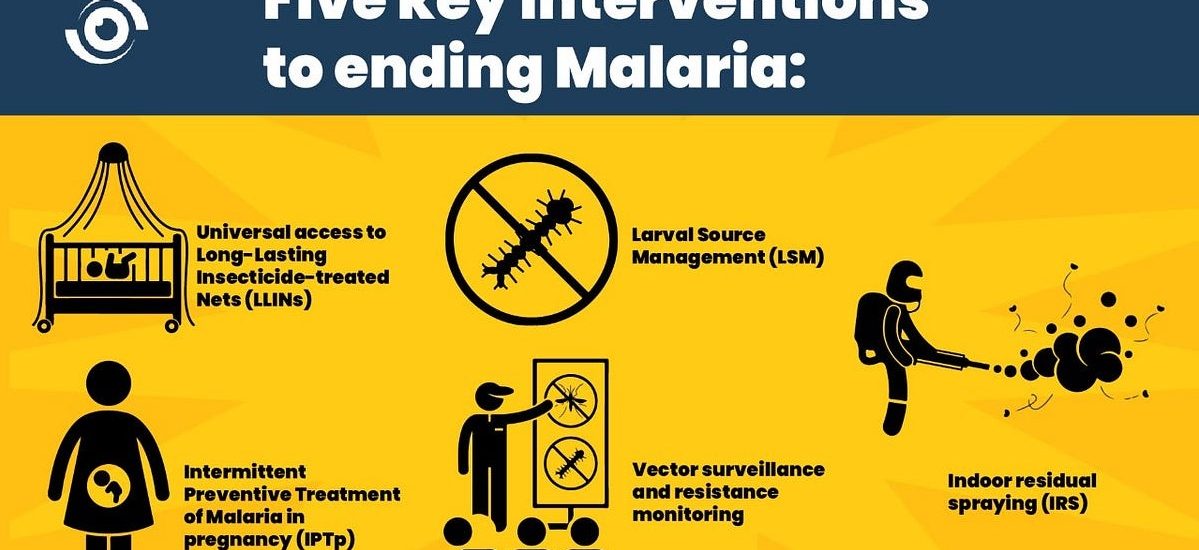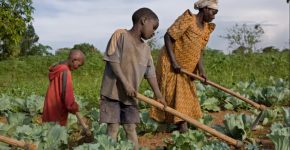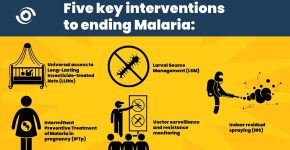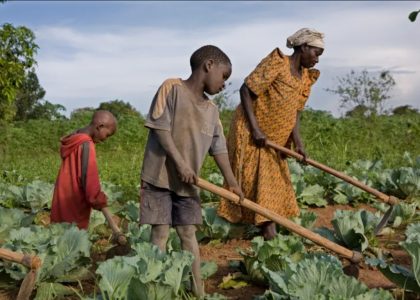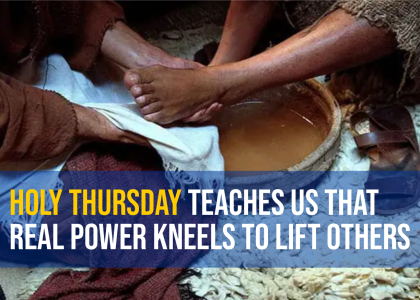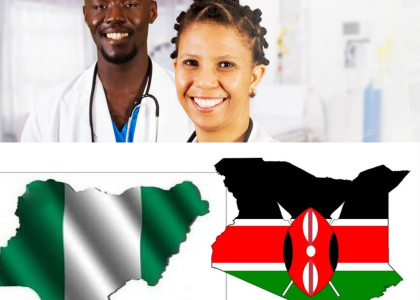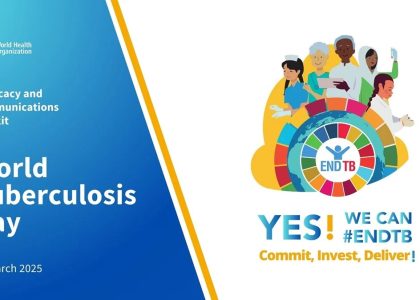Fighting Malaria in Nigeria: What We Can Learn from Other Countries
Malaria is still one of the biggest health problems in Nigeria today. In fact, Nigeria accounts for over 25% of all malaria cases in the world. Even though we’ve seen progress in recent years, especially with a drop in malaria among children under five, many people still get sick or die from this preventable disease.
At Deking Charity Foundation, we’re not just sitting back. We’re taking bold steps to raise awareness and promote real solutions in the fight against malaria. We believe that by learning from countries that have successfully dealt with malaria, we can do better here in Nigeria.
Let’s talk about what others have done and how we can apply some of their winning ideas.
What Has Nigeria Been Doing So Far?
Nigeria has a National Malaria Strategic Plan aimed at reducing the number of malaria infections and deaths. Some of the efforts include:
- Distribution of insecticide-treated mosquito nets (ITNs)
- Preventive treatment for pregnant women
- Encouraging testing before treatment
- Training health workers
- Trying to improve health data systems
These are great efforts, but we still need to do more. And we need to do it smarter.
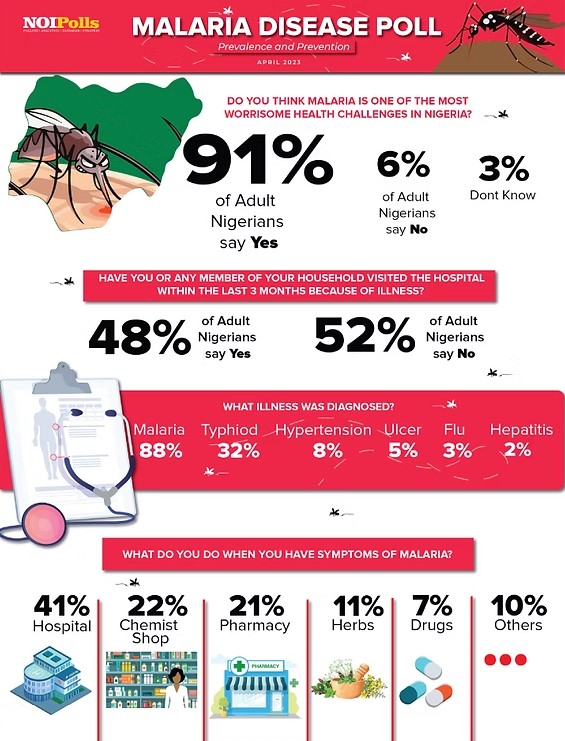
How Other Countries Beat Malaria
China used a method called the “1-3-7 strategy”: report a case within 1 day, investigate it within 3 days, and take action within 7 days. Their results were so good that in 2021, the World Health Organization officially declared China malaria-free.
El Salvador in Central America invested heavily in health education and combined malaria control with other health programs. That made their approach more efficient, and they became the first malaria-free country in that region.
Maldives, a country made up of many small islands, focused on preventing malaria from being reintroduced. They closely monitored travelers and quickly treated anyone with symptoms. This worked, even with their unique challenges.
These countries didn’t rely on a one-size-fits-all solution. They tailored their plans to fit their local needs and stayed consistent.
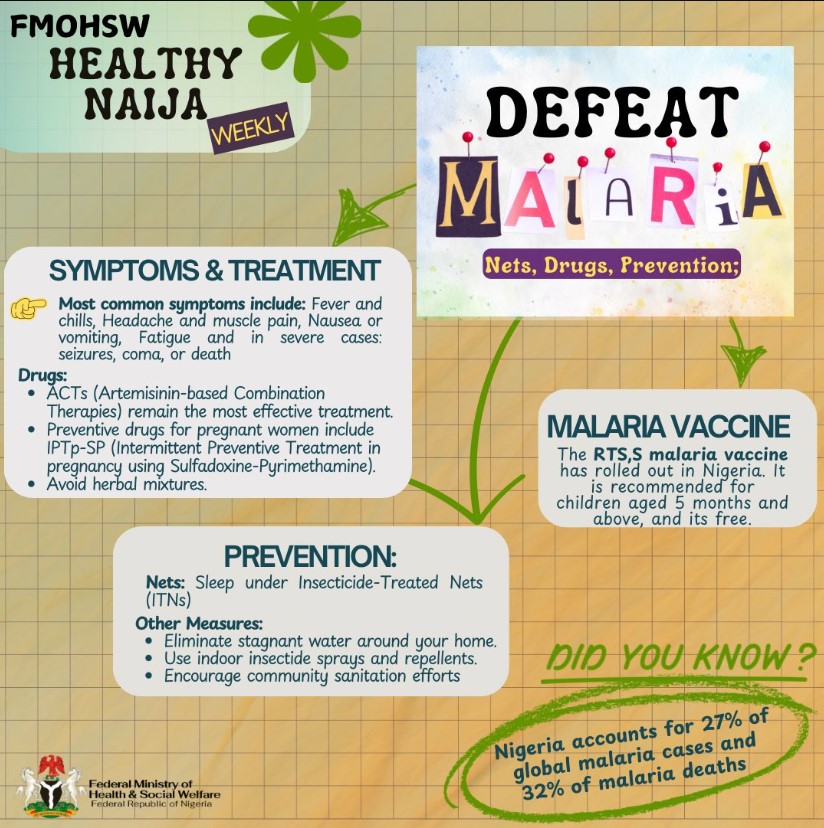
So, What Can Nigeria Learn from This?
- We need stronger and faster reporting and response systems
- Our government must stay fully committed and fund malaria programs adequately
- Malaria services should be part of regular health services
- Communities including you reading this must be involved
- We need to prevent malaria from spreading to areas that are already improving
How Deking Charity Foundation Is Taking Action
We’re creating awareness in communities about how to prevent malaria, especially among children and pregnant women. We’re educating people on how to use mosquito nets properly, the importance of early testing, and the dangers of self-medication.
We’re also working on outreach programs where we visit local communities to talk directly to people about what they can do to protect themselves and their families.
This fight isn’t just for health workers. It’s for everyone; parents, teachers, students, business owners, religious leaders, and young people.
We want to hear from you. What have you done to prevent malaria in your home or community? Do you think Nigeria can be malaria-free in your lifetime?
Drop your thoughts and experiences in the comments section below. Your voice matters.


